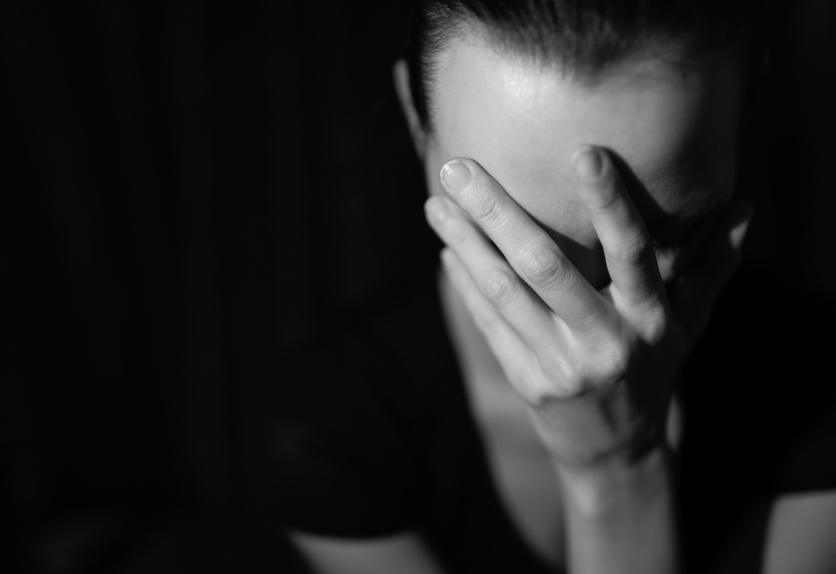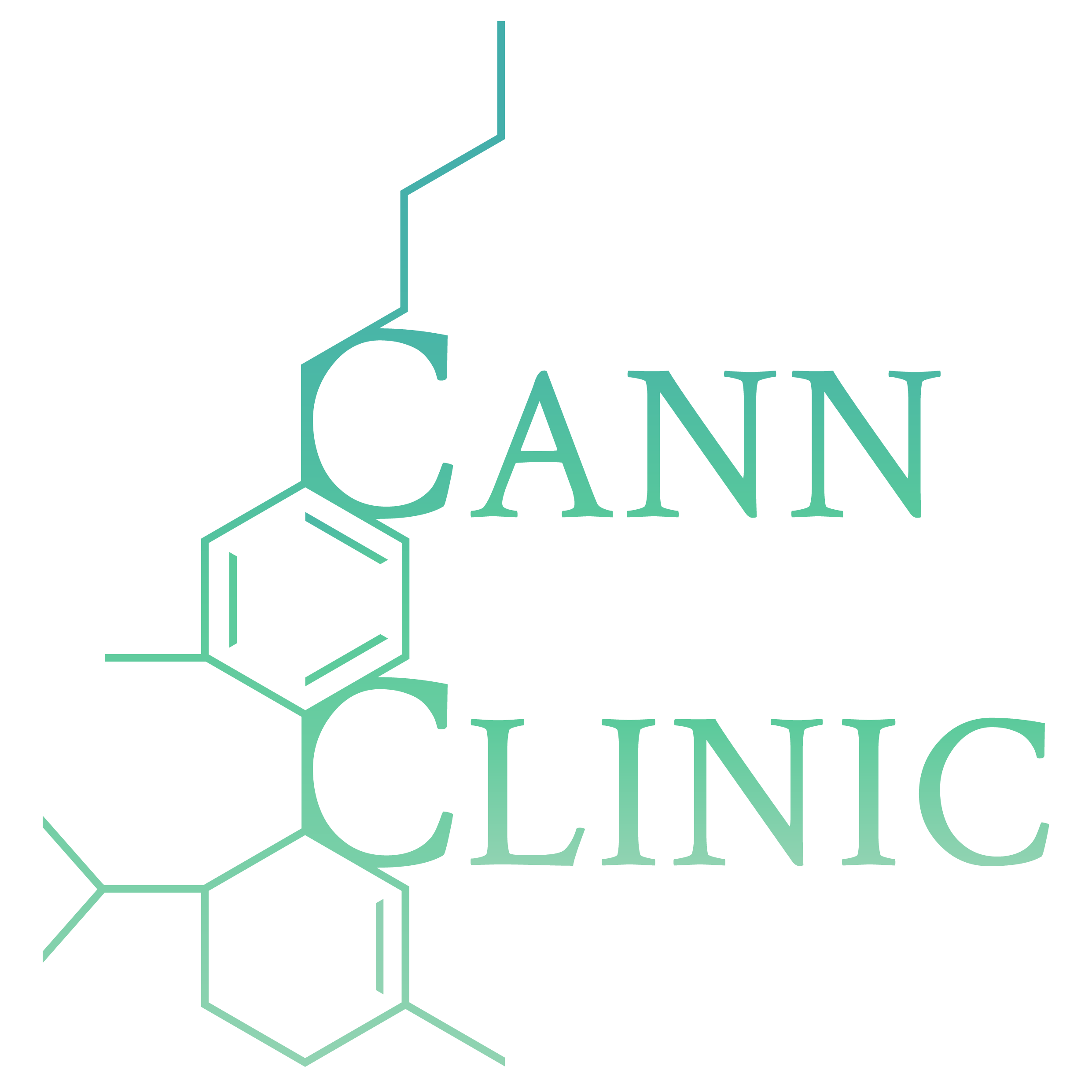Treatment Objectives
PTSD Treatment
PTSD Treatment
To understand Post Traumatic Stress Disorder is to understand anxiety on a whole different level. PTSD causes a severe disruption to one ‘s life oftentimes making it impossible to engage in normal activities. PTSD arises out of having exposure to consistent levels of mental and emotional stress. It also arises out of experiencing a significant trauma event – something which would cause distress to anyone (not just those who are anxious already.) PTSD affects the sleep wake cycle. Vivid recall of traumatic events oftentimes occurs at night. Mental and physical disturbances disrupt the onset of sleep or riddles patient’s sleep with terror dreams. Patients can get stuck in a feeling of shock, dependent on the severity and repetition of the trauma recall.
If medication is considered for PTSD treatment in adults, selective serotonin reuptake inhibitor antidepressants are often chosen as the first choice. There are other new generation antidepressants that are prescribed. The older tricyclic antidepressants can also be prescribed as second-line pharmacological options. Antidepressant medication is prescribed to people to manage anxiety, by correcting the imbalance of chemical messages between the nerve cells in the brain.
Serotonin reuptake inhibitors:
- fluoxetine (Prozac)
- sertraline (Zoloft)
- paroxetine (Paxil), etc.
Typical Side Effects from Antidepressants
- Nausea
- headaches
- anxiety
- sweating
- dizziness
- agitation
- weight gain
- dry mouth
- sexual difficulties
Anti-anxiety medication is often prescribed for PTSD symptoms. This is only for a short term treatment due to the addictive nature of most anxiety medications (benzodiazapam).
Receiving consistent and supportive trauma-focused psychological therapy is considered the first and best PTSD treatment. Patients who have been exposed to severe psychological trauma will each deal with the situation individually. Directly after a patient has experienced a traumatic event, many will ask their GP for guidance. It is up to a patient’s GP to be acutely aware of a patient and their mental state. Emotional support is not usually available through one’s GP and therefore, should be offered to a PTSD patient affordably with immediacy, regardless of how they appear.
Medicinal Cannabis Treatment for Post Traumatic Stress Disorder (PTSD)
Research published in the Journal of Neuropsychopharmacology showed that by administering synthetic cannabinoids to rats after they experienced a traumatic event, they prevented them from exhibiting the behavioural and physiological symptoms of PTSD. The synthetic cannabinoids did this by triggering changes in the brain centres associated with formation and storage of traumatic memories.
In another study, researchers at the University of Haifa in Israel were able to halt the development of PTSD in rats studied by treating them with cannabinoids. Led by Dr Irit Akirav from the Dept of Psychology., the research team used rat subjects because of the similarity they have to humans in trauma response. As is known with PTSD, people who suffer from the symptoms are easily set off by triggers or reminders of the trauma. Triggers are very personal to the individual and will not be the same for everyone. The team of researchers found that in dosing the rats with cannabinoids following a traumatic event, this could, in fact, make them immune to future triggers. The treated rats showed no evidence of PTSD. Rats that were not treated, however, experienced PTSD alongside a host of deficiencies impairments in memory extinction, changes in the sensation of pain and increased panic behaviour.

Post Traumatic Stress Disorder (PTSD) Statistics in Australia
1.4 million Australians at any one time* have Post Traumatic Stress Disorder (PTSD).
(*Australian Bureau of Statistics – 6.4% of 21,530,081 Australians)
The Australian Centre for Post Traumatic Mental Health estimates that up to 10 per cent of people will suffer from PTSD at some point in their lives.

Other symptoms experienced in PTSD
- Misunderstood feelings of shame, despair, or hopelessness.
- Inability to control emotions
- Mounting problems with friends and family
- Self destructive behaviour
- Changed belief system
- Personality Change
Causes of PTSD
- Post-traumatic stress disorder (PTSD) oftentimes develops soon after experiencing a traumatic event that threatens ones safety or makes one feel helpless.
- PTSD is not just afflicting the battle-scarred soldiers, though military combat is the most primary cause of PTSD in men.
- Post-traumatic stress disorder (PTSD) can affect anyone who was involved or personally experienced the “traumatic event”.
- PTSD develops on an individual basis from person to person.
- PTSD can take weeks, months, years to appear, though it is more often known to develop soon after an overwhelming life situation, “trauma”.
What would be considered a traumatic event?
A traumatic event ordinarily implies one which a person witnesses or experiences something which threatens the safety of, or threatens one’s livelihood. It could be a serious injury or even sexual violence.
Traumatic events that can lead to PTSD include:
- War
- Natural disasters
- Car or plane crashes
- Terrorist attacks
- Sudden death of a loved one
- Rape
- Kidnapping
- Assault
- Sexual or physical abuse
- Partner Infidelity
- Divorce
- Childhood neglect
Symptoms of PTSD – Post Traumatic Stress Disorder
FLASHBACK / RELIVING THE TRAUMATIC EVENT – Patient is triggered by something sensory., which then causes them to relive the traumatic event. Mentally, emotionally and physically the patient can re-experience the event. The intense fear signaling fight or flight response, increased cortisol levels, heart rate, hormonal shifts.
AVOIDANCE OF REMINDERS OR TRIGGERS – Patients experiencing the mental and emotional distress of PTSD will subconsciously aim to avoid any and all situations that trigger memories of the trauma i.e.) War veterans may avoid watching movies or television programs that have weaponry. Some patients have a constant need to stay busy and will set themselves up so that they consistently avoid dealing with their past exposure to trauma.
FEELING NUMB – In an effort to prevent painful memories from surfacing, patients will protect themselves by being and becoming completely uninvolved. Patients may lose interest in the activities they once used to love. Patients may avoid developing relationships and friendships due to their discomfort with feeling emotionally connected. Patients often completely forget the trauma.
NERVOUS WRECK – This person’s response to continued stress has created an over-sensitivity to any and all signals of stress. This individual will consistently feel like they are on high alert. Ready for any danger big or small, and with no sufficient gauge to measure the difference between both. “Fried”Keyed Up” Nervous wreck symptoms include having an increased emotional arousal, intense mood variations, quick to anger or upset, the patient is sitting in a state of constant fear / anxiety, sleep disturbances are prevalent, and difficulty concentrating.
MENTAL HEALTH PROBLEMS AND ADDICTION – Other health issues present themselves once someone develops PTSD. It is common to experience depression or anxiety, alongside PTSD. Some people find using alcohol or drugs helps them cope with the traumatic memories. This can worsen PTSD, as dealing with the difficult emotions is necessary for healing from the traumatic experience.
Clinical Studies / References:

